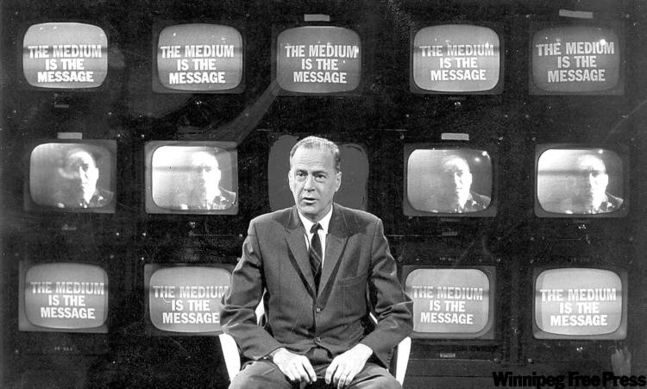

We then look ahead to seek a productive path forward that can address both the present and future challenges of social media. In this piece, we connect the centrality of user choice and agency to the deeper social and human substrate that underpins the potential of modern social technologies to bring positive new dynamics into our human interaction. In a prior essay in Tech Policy Press, we emphasized the notion of delegation as a means of promoting individual human agency and protecting a freedom of impression, built on the assertion that increased reflexivity in the internet environment demands management of flow, not just content.

Understanding how to modulate the harmful aspects of these wild messaging cascades requires stepping back and, instead of viewing the messages as individual items of content, seeing them as stages in reflexive flows in which we and these new media tools shape each other. Feedback loops of reinforcing interactions by other users can snowball, or they can just fizzle out if ignored. Speech is not primarily broadcast, as through megaphones and amplification but rather, propagates more like word-of-mouth, from person to person. Social media do not behave like other media.

The promise of social media seemed obvious a decade ago but in the years since, as The New York Times put it, “the internet didn’t turn out the way we hoped.” Former President Barack Obama articulated a similar idea in an address at Stanford last week, noting that “our new information ecosystem is turbocharging some of humanity’s worst impulses.”īut just as it has become clear that social media is not an unalloyed good in the world, it is also apparent that mitigating harm online is not as simple as more or better content moderation. “We shape our tools and thereafter our tools shape us” – this idea of reflexivity is essential to understanding social media. Marshall McLuhan at Cambridge University, circa 1940.


 0 kommentar(er)
0 kommentar(er)
